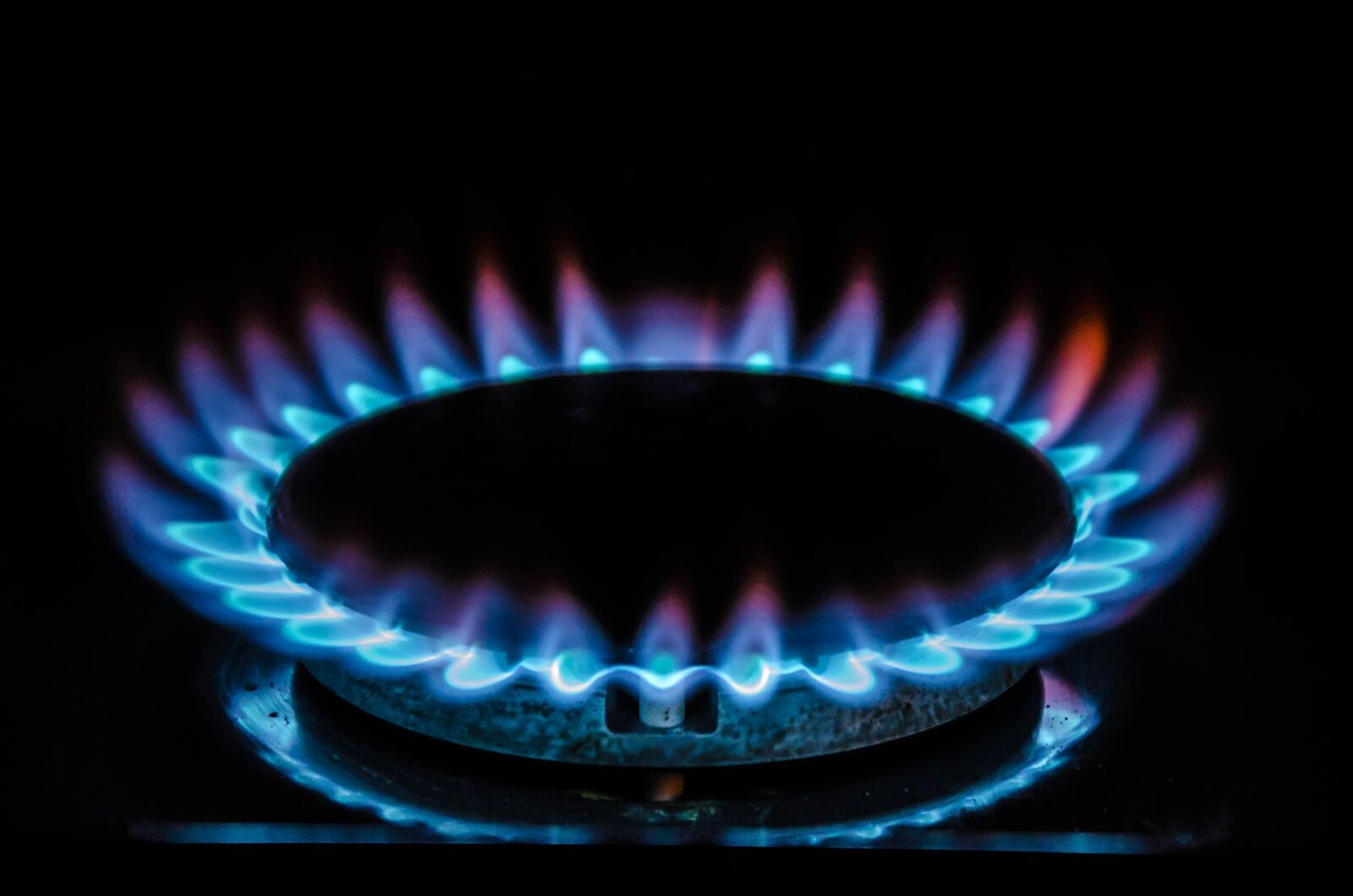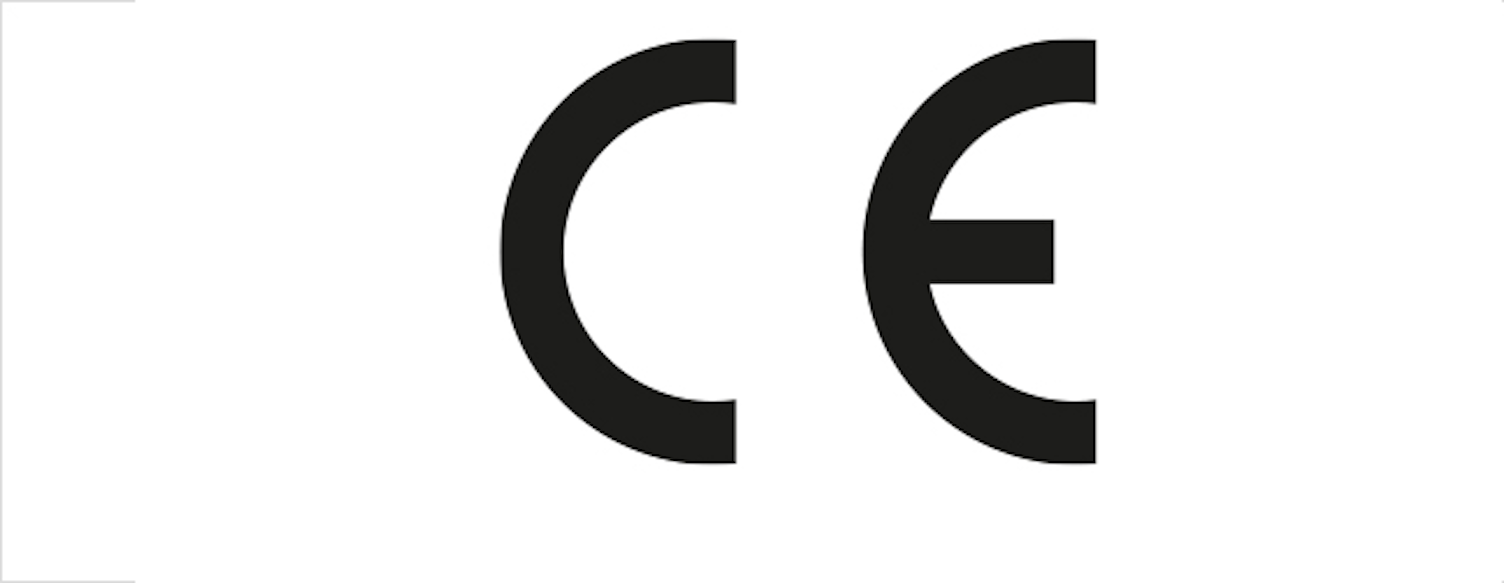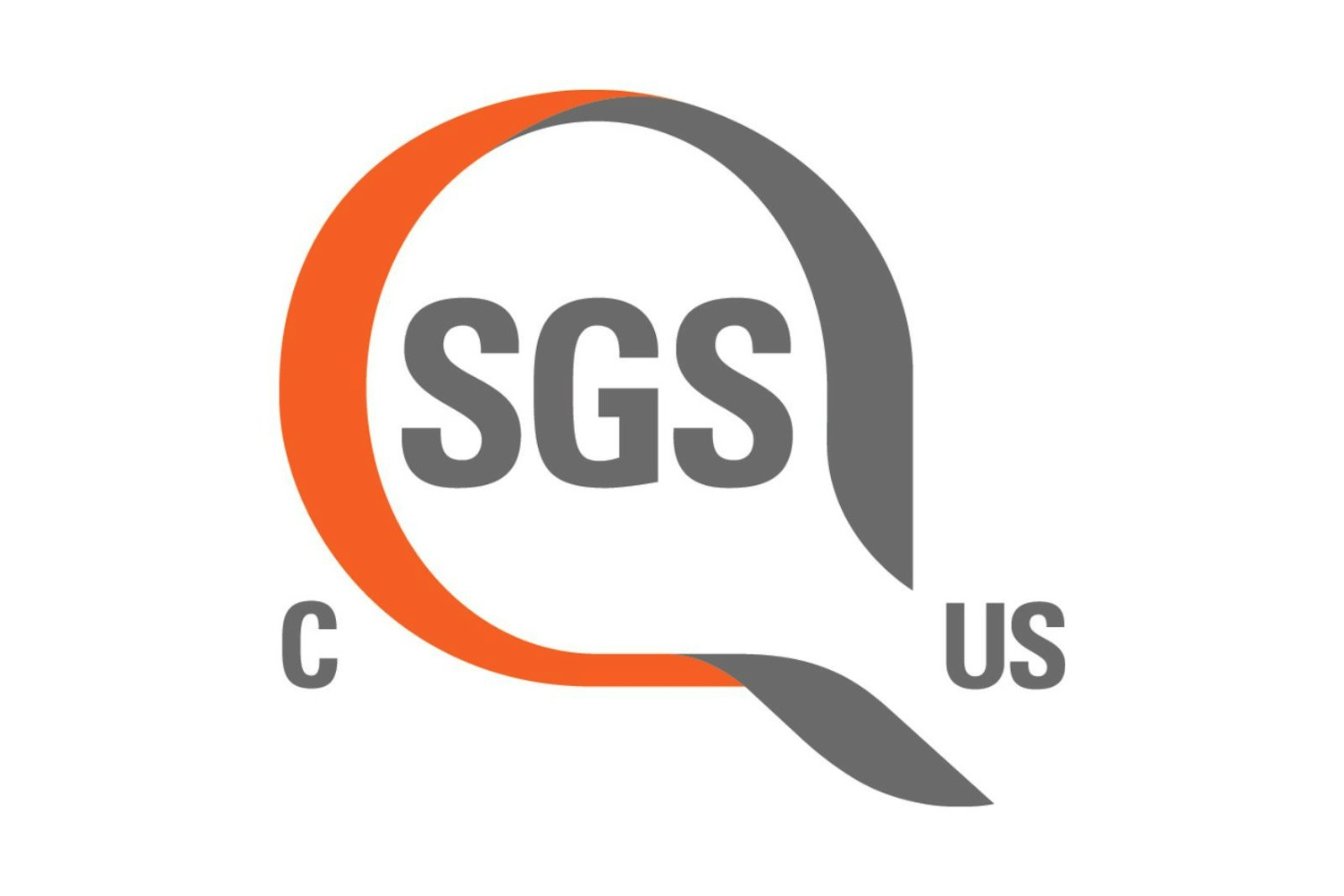
Gas appliances are used both inside and outside the home. If an appliance or component fails it can result in carbon monoxide poisoning or explosions. To avoid this, manufacturers and suppliers must ensure their products are rigorously tested against relevant market safety regulations.
SGS provides a comprehensive range of testing and certification solutions to help manufacturers and suppliers of gas appliances and components ensure their products are safe and comply with legal requirements.
SGS gas appliance and component testing and certification
Delivered through a global network of accredited testing laboratories, our services cover:
- Construction – stability, strength
- Soundness to check for leaks
- Heat input (Unit: kW, BTU, MJ/h)
- Ignition and flame cross-lighting
- Flame stability (lift and light back)
- Ability to resist wind and rain
- Resistance of burner to overheating
- Combustion (CO/CO2)
- NOx
- Atmosphere sensing – oxygen depletion test
- Temperature rise – including LPG cylinder
- Efficiency
- Sooting
- ErP
- FFU test
- Operating of flame supervision device
- Valve torsion and bending test
- Valve endurance test
- Elastomeric material resistance to lubricants and gas
- Regulator performance
Products
We test and certify a broad range of gas-powered products including, but not limited to:
- Domestic gas hobs, ovens and ranges
- Gas boilers and water heaters
- Gas refrigerators
- Camping appliances
- Space heaters – patio, portable and construction heaters
- Gas barbecues, grills, griddles
- Commercial gas appliances
- Fittings – valves (plug, solenoid, temperature control) and regulators
Compliance solutions for gas appliances
CE Mark
The Gas Appliances Regulation (GAR) EU/2016/426 sets clear rules for gas appliances and fittings. It ensures these products meet safety and performance standards across the EU by providing standardized information about gas supply conditions.
When a manufacturer places the CE mark on a product it is a declaration that the product complies with all legal requirements for CE marking and can be sold throughout the European Economic Area (EEA).

UKCA Mark
The technical requirements (‘essential requirements’) that must be met, and the conformity assessment processes and standards that can be used to demonstrate conformity, are largely the same as those for the CE mark.

